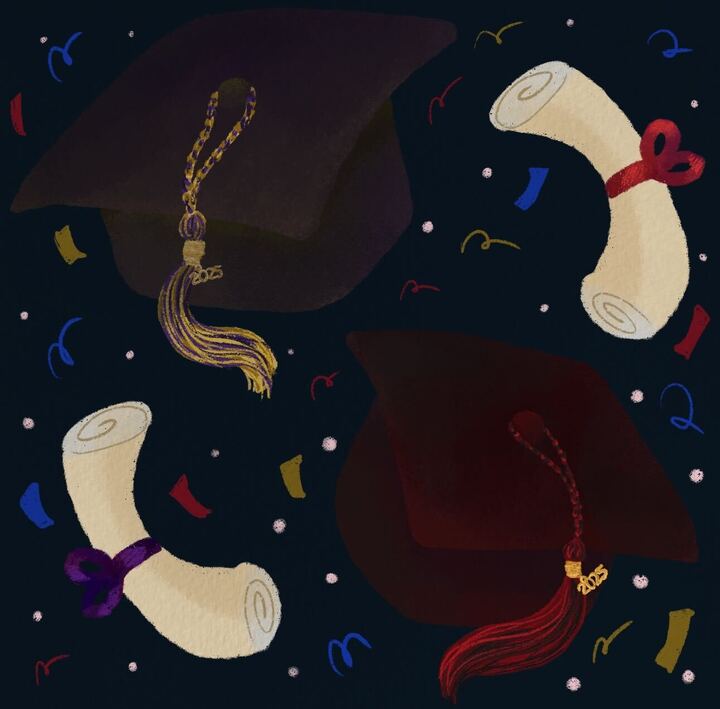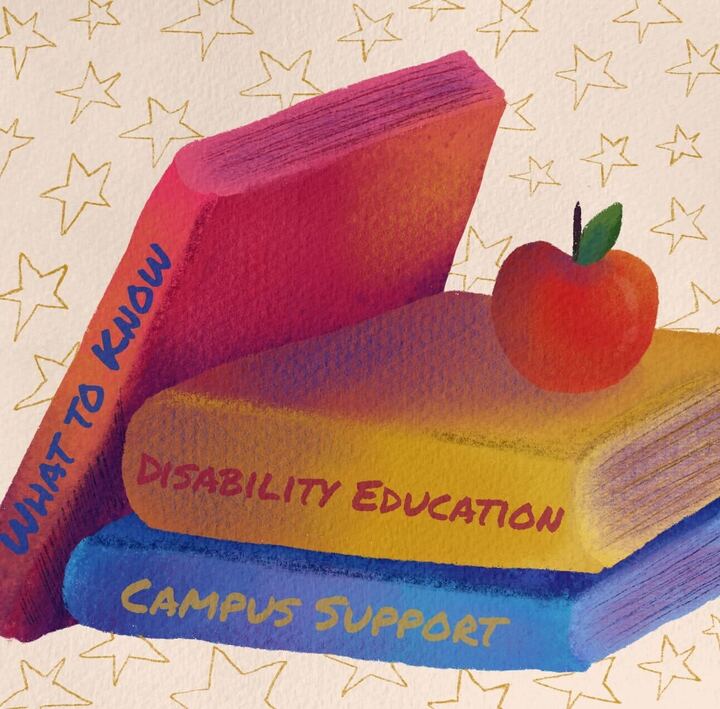In the era of digital education, the intertwining of innovation and academia has brought forth advancements and challenges alike.
Google recently vowed to protect generative AI users from copyright infringement claims, shedding light on new ethical complexities. This, however, comes with a caveat: user protection does not apply if the generated outcome infringes on the rights of others.
This development compels an analysis of advanced AI tools in education like Chegg and Quizplus. These platforms promise personalized learning pathways, instant quizzes, and tailored explanations.
CheggMate, for instance, provides real-time conversational learning experiences, enabling students to ask questions from written text to complex math queries.
The Quizplus AI Tutor acts as a guiding light, offering explanations beyond the scope of traditional databases. While these tools intend to nurture curiosity and deepen understanding, they inadvertently create avenues for cheating and infringement of copyrights.
Dan Rosensweig, CEO and president of Chegg, envisions AI as a transformative force.
“We believe AI has the potential to provide tailored learning experiences to everyone,” said OpenAI CEO Sam Altman.
Yet, the allure of quick answers in the digital age poses ethical dilemmas for students, tempting them to compromise the authenticity of their educational journey.
In this ethical crossroads, Google’s commitment serves as a reminder of the dual nature of AI integration. While technology promises advancement, it also challenges the core values of education. The responsibility now falls on educational institutions to instill in students the importance of integrity, critical thinking, and genuine engagement with their studies.
Nina Huntemann, the chief academic officer of Chegg, recognizes AI’s potential but underscores the need for ethical education. “AI provides an incredible opportunity for students to be aided by a digital companion that supports and enhances their learning,” said Huntemann, in a press release.
This support, however, must be grounded in principles that uphold the sanctity of education.
Striking a balance between technological advancement and academic honesty is imperative. Educational institutions, in collaboration with tech companies, must not only implement stringent measures against cheating and copyright infringement, but also educate students about the ethical implications of AI-powered learning.
Embracing the power of technology is important, but safeguarding the sanctity of education is essential. In this battle against cheating facilitated by AI, education must emerge victorious. It is crucial to nurture inquisitive minds and empower learners for a future where knowledge is not just accessible but earned and cherished.






